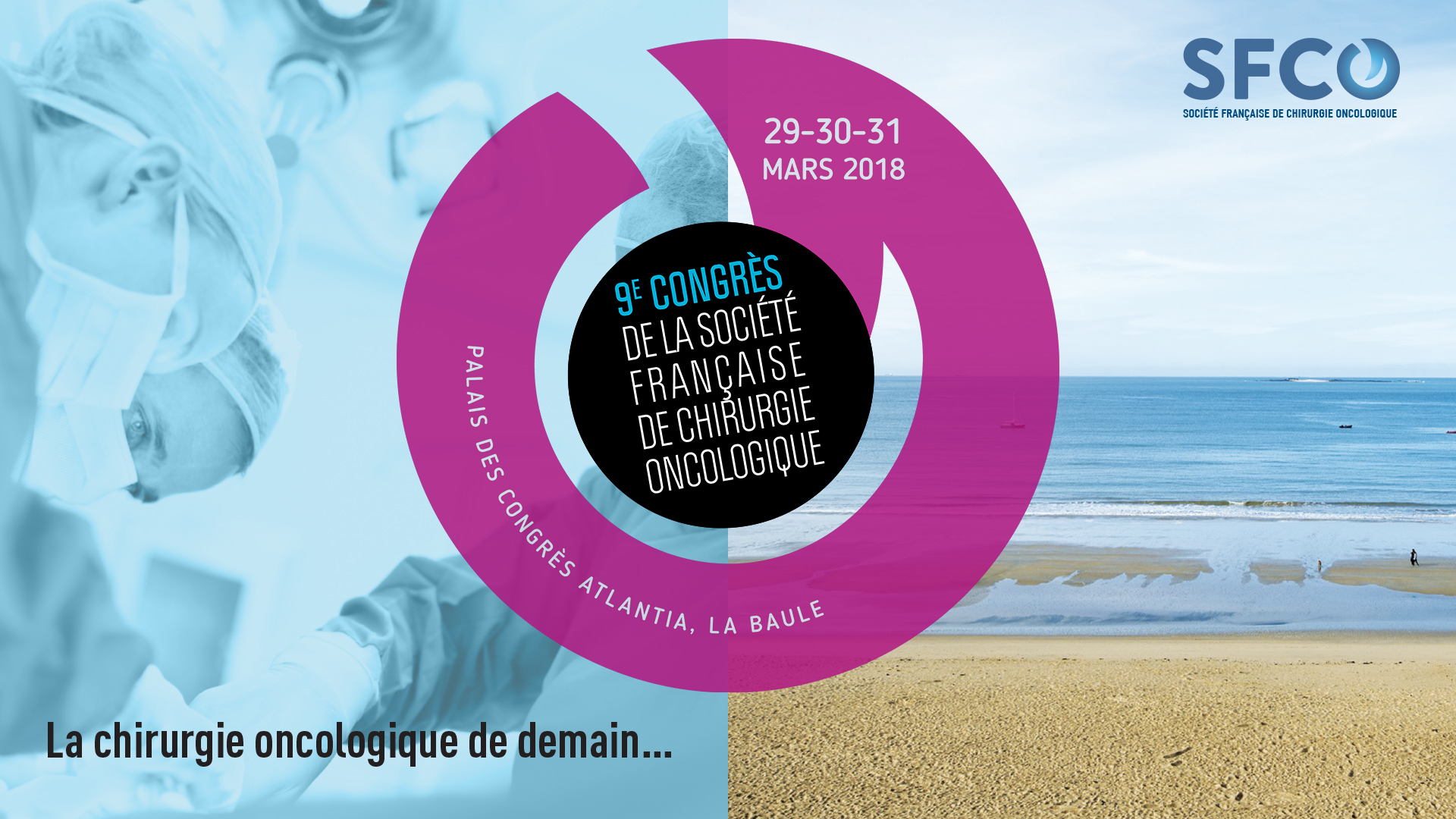
Devenez membre d'Oncostream et bénéficiez d'un accès complet !
Inscription Connexion
ABSTRACT Background: Hepatocellular carcinoma (HCC) associated with tumor extension in the portal vein, the hepatic vein or inferior vena cava is traditionally considered as an advanced stage of disease to which palliative radiotherapy or sorafenib chemotherapy is proposed. Recent studies have shown a significant survival benefit in patients treated with R0 liver resection. Methods: This is the case of a 45-year-old female patient presenting a voluminous hepatocellular carcinoma developed in a non-cirrhotic liver with a tumor thrombus obstructing the retro-hepatic inferior vena cava (IVC) and the middle hepatic vein termination. Initial treatment included 2 cycles of selective internal radiation therapy with Yttrium 90 and Sorafenib treatment for 1 year. Reevaluation revealed a significant reduction of the tumor and compensative hypertrophy of the left liver lobe enabling surgical resection. Results: The procedure included anatomic right hepatic trisectionectomy with caudate lobectomy and retro-hepatic inferior vena cava graft replacement. Total liver vascular exclusion with intra-pericardial IVC control enabled en bloc R0 resection of the tumor and the floating tumor thrombus in the cavo-hepatic venous confluence. Duration of the operation was 240 minutes and blood loss was 700 ml. The patient was discharged on postoperative day 15 and was free of disease at 6 months post-surgery. Discussion: Liver surgery with complex vascular resections for HCC with major vascular invasion should be considered as a valid therapeutic option in high volume hepatobiliary centers.
Dernière mise à jour : 24/06/2021




